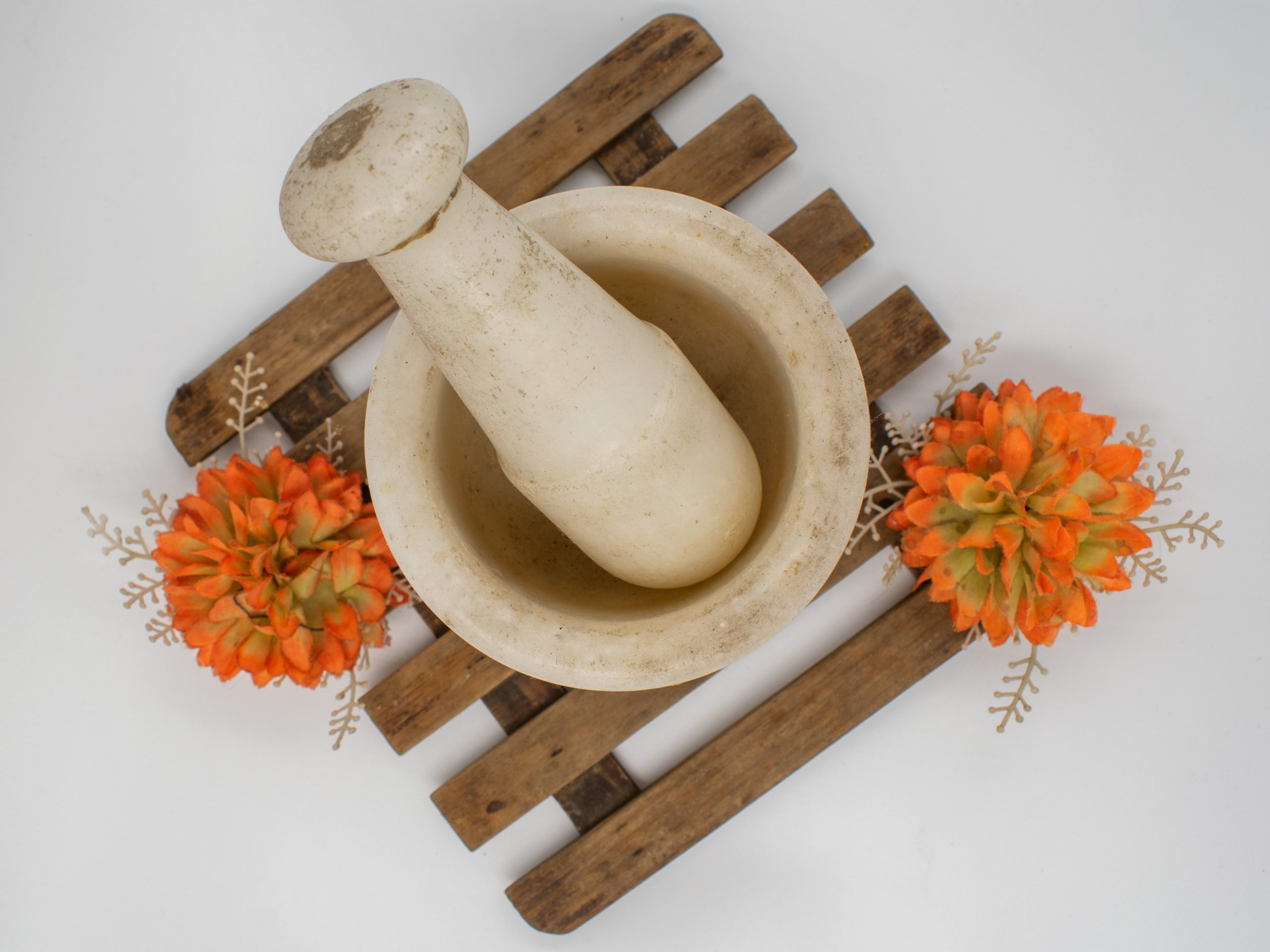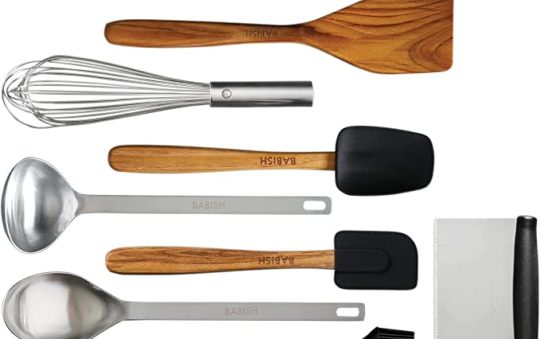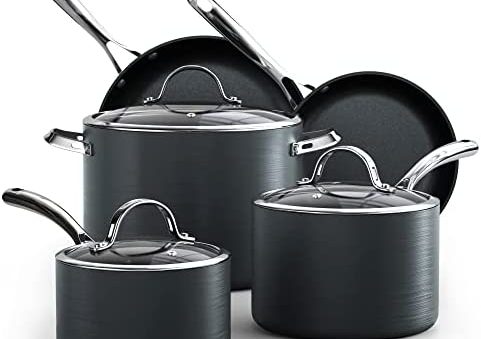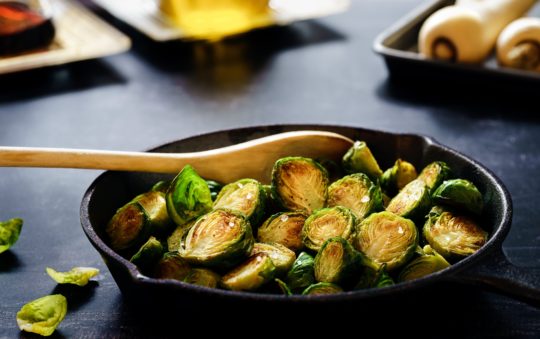Safest Cooking Utensils for Your Kitchen
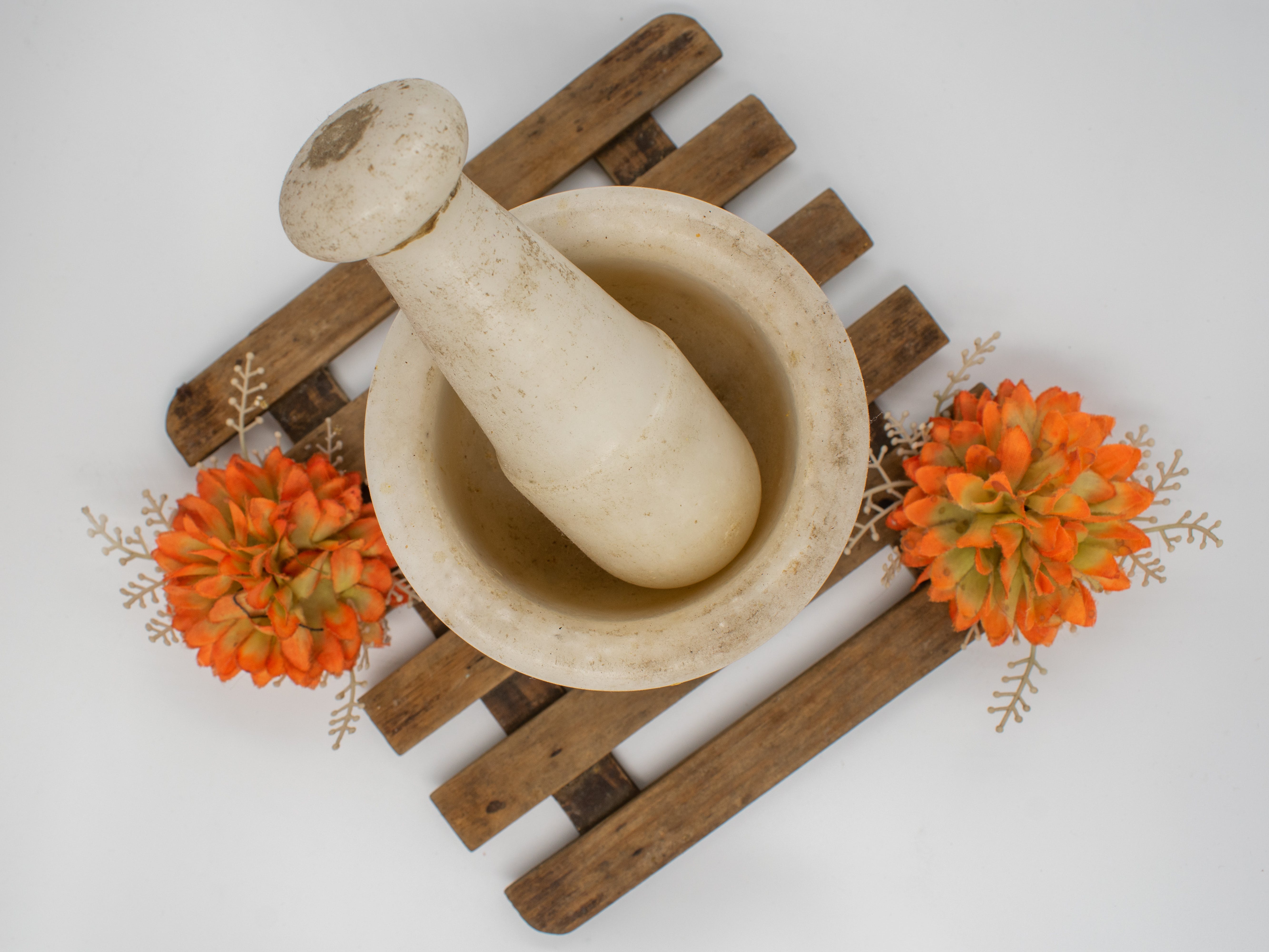
Cooking is an art, and just like any other art form, it requires the right tools to create a masterpiece. When it comes to cooking utensils, safety should be your top priority. With so many options available in the market, choosing the right utensil for your kitchen can be overwhelming. In this blog post, we will guide you through the safest cooking utensils you should consider for your kitchen. From understanding safe materials like stainless steel and silicone to identifying unsafe materials like plastic and nonstick cookware, we will cover it all. We will also discuss the controversy surrounding BPA-free plastics and the truth about aluminum cookware. By the end of this blog post, you will have a better understanding of what to look for when choosing non-toxic safest cooking utensils that are both safe and functional for your kitchen needs.
Understanding Safe Materials for Cooking Utensils
When it comes to the safest cooking utensils, it’s important to understand which materials are safe to use. Stainless steel utensils are a popular choice because they are durable and resistant to high temperatures, making them safe for cooking. Silicone utensils are another great option as they are non-toxic, lightweight, and dishwasher safe, ensuring safe food preparation and easy cleaning. Wooden utensils, such as those made from beechwood or maple, are also a safe choice as they are made from natural materials, free from harmful chemicals, gentle on cookware, and known as wood utensils. Bamboo utensils offer sustainability and durability, making them a safe and eco-friendly choice for cooking. The bottom line is that choosing safe materials for your safest cooking utensils is essential to prevent toxic substances from leaching into your food. By selecting the best materials like stainless steel, silicone, wood, or bamboo, you can ensure a safe and healthy cooking experience in your kitchen.
The Benefits of Stainless Steel Utensils
Stainless steel utensils offer several benefits that make them a great choice for your kitchen. One of the key advantages of stainless steel utensils is their corrosion resistance, thanks to the presence of at least 11% chromium. This ensures durability and longevity, allowing them to withstand the test of time without worrying about rust or deterioration. Additionally, stainless steel utensils do not react with acidic ingredients, which helps to keep your food safe and preserves its natural flavors. This means that you can cook with confidence, knowing that the taste and quality of your dishes will remain intact.
Another advantage of stainless steel safest cooking utensils is their dishwasher-safe nature. This makes cleaning and maintaining them a breeze, saving you time and effort in the kitchen. Furthermore, stainless steel utensils do not absorb stains, odors, or harmful chemicals, promoting safe cooking practices. You can trust that your stainless steel utensils won’t leach any toxins into your food, providing you with peace of mind while preparing meals for yourself and your loved ones.
Lastly, stainless steel utensils add a sleek and modern look to your kitchen, enhancing the overall cooking experience. Their timeless appeal complements any kitchen decor and style, making them a versatile choice for any home chef. So, if you’re looking for the safest cooking utensils that combine durability, safety, and aesthetic appeal, including a ladle, stainless steel utensils are an excellent option to consider.
Why Choose Silicone Cooking Tools?
Silicone cooking tools offer several advantages. They are heat-resistant, lightweight, and non-stick. Additionally, they are dishwasher safe and durable.
The Advantages of Wooden Utensils
Wooden utensils offer a range of advantages that make them a popular choice in the kitchen. One of the main benefits is that they are safe to use with all types of cookware, including non-stick surfaces, as they do not scratch. This ensures that your cookware remains in good condition for longer. Additionally, wooden utensils do not conduct heat, making them safe to handle and reducing the risk of burns during cooking.
Another advantage of wooden utensils is their environmentally friendly nature. Wood is a renewable and sustainable material, making it a great choice for those conscious of their carbon footprint. In addition to being eco-friendly, wooden utensils provide a natural, rustic, and timeless look to your kitchen, adding warmth and character to the space.
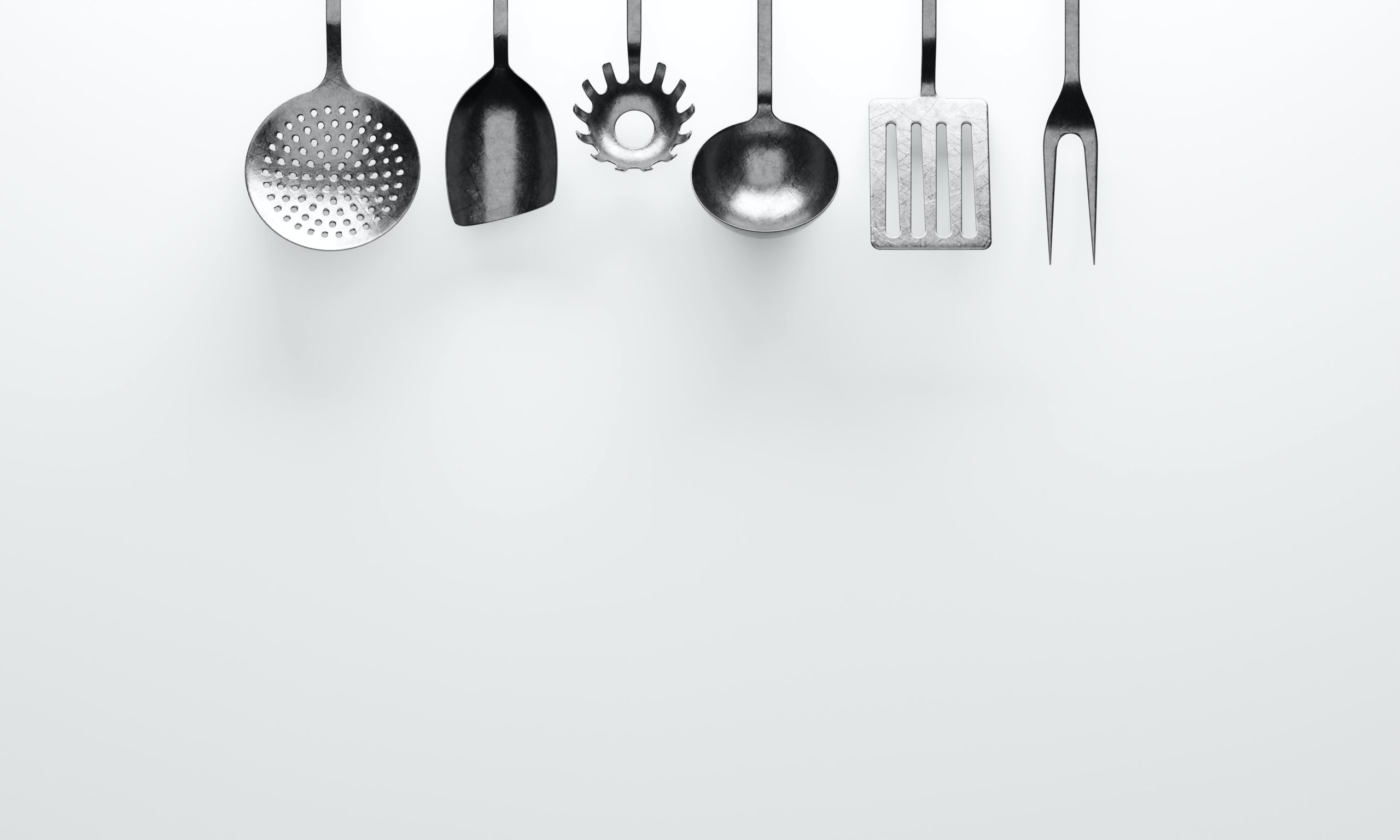
Wooden utensils are also gentle on food, preserving flavors and preventing unwanted reactions with ingredients. This is especially beneficial when working with delicate or sensitive dishes. So, if you are looking for the safest cooking utensils that are safe, sustainable, and add a touch of charm to your kitchen, consider opting for wooden utensils without any harmful fillers.
Identifying Unsafe Materials in Cooking Utensils
Plastic cooking tools can leach harmful chemicals, such as BPA, into food, posing health risks. Nylon utensils, while durable, can melt at high temperatures, releasing toxic substances into food. Nonstick/Teflon utensils, when scratched, can release toxic fumes, causing health concerns. It is important to be aware of the materials used in cooking utensils to avoid potential toxicity, especially when paired with toxic cookware. Choosing safe materials for the safest cooking utensils is crucial for maintaining a healthy kitchen environment. When selecting kitchen tools, it’s best to opt for safer alternatives like bamboo products or utensils made from wood, which are free from synthetic materials and toxins. Wooden spoons, spatulas, and tongs are excellent choices as they are made from natural materials like beechwood, maple, or teak. These materials do not leach toxins into food and are considered safe for food storage and preparation. By avoiding plastic, nonstick, and nylon utensils, you can reduce the risk of exposing yourself and your family to harmful chemicals while ensuring a safer cooking experience.
Dangers of Plastic Cooking Tools
Plastic utensils pose several dangers when used for cooking. One major concern is the presence of harmful chemicals, such as BPA and melamine, which can be detrimental to human health. Additionally, plastic utensils are prone to scratching, providing a breeding ground for bacteria and compromising food safety. These utensils can also melt at high temperatures, increasing the risk of plastic contamination in food. Over time, plastic utensils can degrade, leading to the leaching of toxic substances into food during cooking. To avoid these risks, it is recommended to opt for alternative materials like stainless steel or silicone, which are safer choices for the safest cooking utensils. By choosing the right materials, you can ensure that your kitchen remains free from the potential hazards associated with plastic cooking tools.
Why You Should Avoid Nylon Utensils
When it comes to choosing safest cooking utensils for your kitchen, it’s important to consider the safety of the materials used. Nylon utensils may seem like a durable option, but they can pose risks to your food safety. One of the main reasons to avoid nylon utensils is their tendency to melt or deform at high temperatures, which can compromise the safety of your dishes. Additionally, nylon utensils are prone to scratching, creating an environment where bacteria can accumulate and potentially contaminate your food.
Another concern with nylon cooking tools is that they may contain harmful chemicals, such as plasticizers, which can be detrimental to your health. Opting for utensils made from safer materials like stainless steel or silicone is a better choice for your food preparation. These materials are less likely to wear out over time and release any potentially harmful substances into your food. So, when it comes to ensuring the safety of your kitchen tools, it’s best to steer clear of nylon utensils and opt for alternatives that prioritize your well-being.
The Risks Associated with Nonstick/Teflon Utensils
Nonstick utensils, particularly those with Teflon coating, can emit toxic fumes when exposed to high temperatures. It is important to note that scratched or damaged nonstick utensils may expose the underlying toxic coating, which can pose health risks. Additionally, nonstick materials like Teflon can be harmful if ingested, potentially leading to health complications. To mitigate these risks, it is advisable to opt for alternative materials such as stainless steel, silicone, or wood. These materials eliminate the potential hazards associated with nonstick utensils, ensuring safer cooking practices. Considering the safest cooking utensils is crucial, especially when it comes to high-heat cooking, in order to prevent any potential toxicity.
Exploring the Controversy around BPA-free Plastics
BPA-free plastics have been marketed as a safer alternative to traditional plastics. However, it is important to be cautious when using plastic utensils, even if they are labeled as BPA-free. These utensils can still contain harmful chemicals, such as BPS, which may have similar health risks. Research suggests that BPA-free plastics may not be completely safe, and they can potentially leach toxic substances into food. To ensure the safety of your kitchen, it is recommended to prioritize alternative materials like stainless steel or silicone for your safest cooking utensils. By understanding the limitations and potential risks associated with BPA-free plastics, you can make informed decisions about the materials you choose for your kitchen tools. The bottom line is to prioritize safe materials rather than relying solely on plastic, which will ensure a healthier cooking environment.
Understanding What “BPA-free” Really Means
While “BPA-free” may seem like a guarantee of safety, it’s important to understand what it truly means. This term signifies that the plastic used in the utensils does not contain bisphenol A, a chemical that can have harmful effects on our health. However, it’s worth noting that BPA-free plastics may still contain other potentially dangerous chemicals, such as BPS. Therefore, it’s crucial to be cautious and consider alternative materials when choosing the safest cooking utensils. Reading labels, researching different materials, and opting for safer options such as stainless steel or silicone can greatly contribute to a healthier kitchen environment. By understanding the true meaning of “BPA-free,” we can make informed choices and prioritize the safety of our kitchen products.
Alternatives to Plastic Utensils
When it comes to finding alternatives to plastic utensils, there are several options to consider. Wooden utensils, for example, offer a safe and eco-friendly option for cooking. They are made from natural materials, making them free from harmful chemicals and toxins. Stainless steel utensils are another great choice. They are durable, dishwasher safe, and do not leach any chemicals into your food. Silicone utensils are heat resistant and non-toxic, making them perfect for cooking at high temperatures. Bamboo utensils are also worth considering as they are lightweight, renewable, and naturally antimicrobial. By opting for kitchen utensils made from sustainable materials like bamboo, stainless steel, or wood, you can ensure a safer and healthier cooking experience.
Best Non-toxic Safest Cooking Utensils to Consider
When it comes to safe and non-toxic cooking, there are several materials to consider for your kitchen utensils. Stainless steel safest cooking utensils are a popular choice as they are not only durable but also easy to clean. They provide a safe option for cooking without the worry of toxic materials. Another great option is bamboo cooking utensils. These utensils are lightweight, naturally antimicrobial, and eco-friendly, making them a healthier alternative to synthetic materials. All-Clad stainless steel cooking utensils are also worth considering, as they are heat resistant, non-toxic, and perfect for high temperatures.
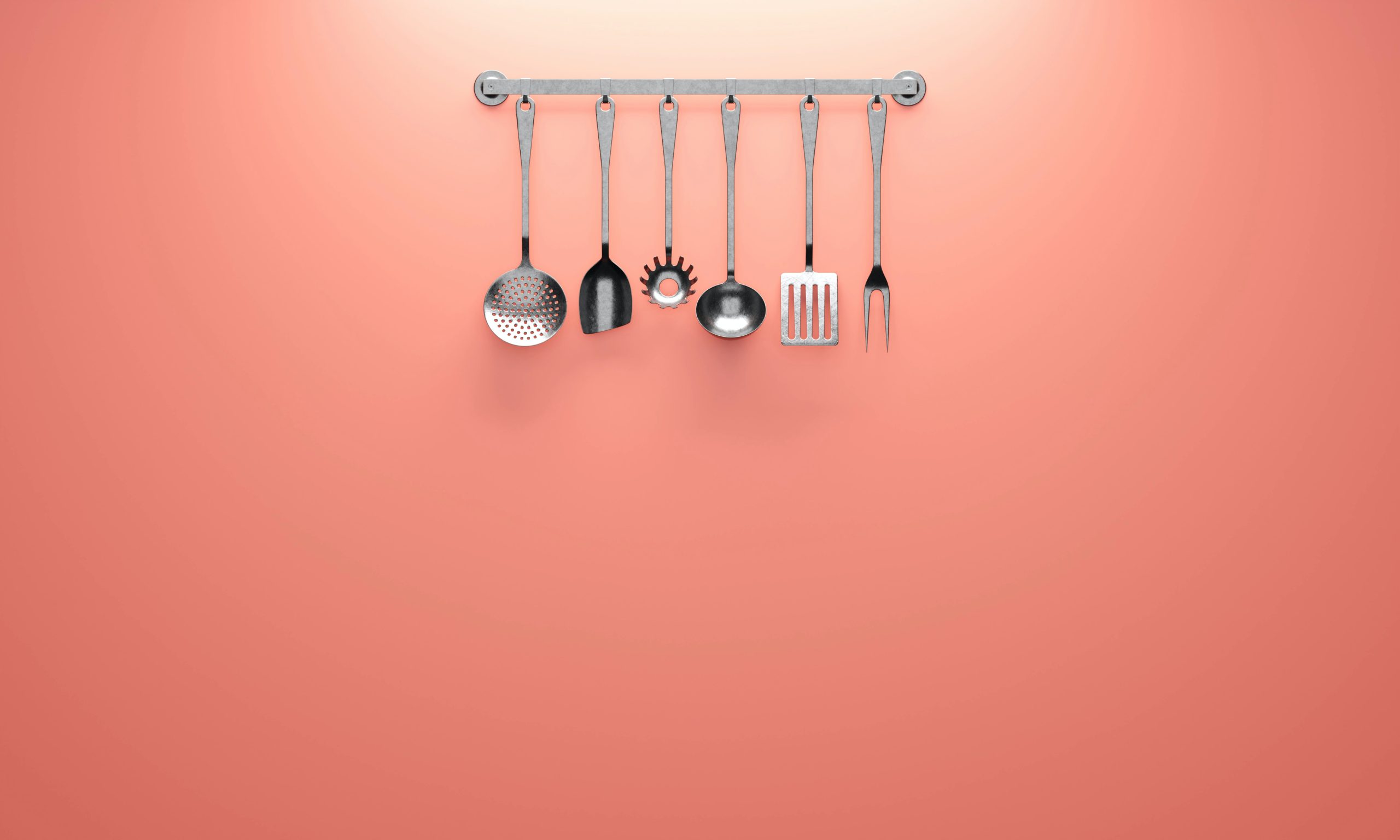
To ensure the safety of your safest cooking utensils, it’s important to choose materials such as stainless steel, bamboo, or silicone. These materials are free from toxins like nickel, petroleum, and formaldehyde that can potentially leach into your food. By opting for utensils made from these safe materials, including the Oxo stainless steel fish turner, Sur La Table silicone turner, and Oxo restaurant turner, you can enjoy cooking without the risk of harmful chemicals. So next time you’re in need of new kitchen tools, keep in mind the main reasons why stainless steel, bamboo, or silicone utensils make for the best non-toxic and safe options for your kitchen.
Top Stainless Steel Utensils
When it comes to choosing the best utensils for your kitchen, stainless steel utensils are an excellent choice. These utensils offer a range of benefits that make them a top pick for many home cooks. One of the key advantages of stainless steel utensils is their durability. They are designed to withstand the rigors of everyday cooking and can last for years without showing signs of wear and tear. Additionally, stainless steel is corrosion-resistant, which means that your utensils won’t rust or corrode over time. This makes them a reliable and long-lasting option. Stainless steel utensils are also highly heat-tolerant, making them perfect for use with high-temperature cooking methods such as frying and sautéing. Whether you’re working with acidic ingredients or cooking at high temperatures, stainless steel utensils are safe to use, as they are non-reactive and won’t leach any harmful substances into your food. To ensure that you’re getting the best quality utensils, look for stainless steel products made from high-quality, food-grade stainless steel. Investing in high-quality stainless steel utensils will provide you with safe, durable, and reliable kitchen tools that will enhance your everyday cooking experience.
Are Bamboo Utensils a Good Choice?
Consider bamboo utensils as a sustainable and safe option for your kitchen. These lightweight and durable utensils are naturally antimicrobial, eco-friendly, and biodegradable. With no harmful chemicals leaching into your food, bamboo utensils help reduce plastic waste and make a more sustainable choice for cooking.
Frequently Asked Questions
What is the safest cooking utensil material?
Stainless steel is considered the safest cooking utensils material. It doesn’t leach harmful chemicals or react with acidic foods. Other safe options include silicone, bamboo, and glass. Avoid using plastic or non-stick coated utensils that may release toxic fumes at high heat.
Conclusion
When it comes to the safety of your kitchen, it’s essential to choose the safest cooking utensils made from materials that won’t leach harmful chemicals into your food. Stainless steel utensils are a popular choice due to their durability and resistance to corrosion. Silicone cooking tools are another safe option as they are heat-resistant and don’t release toxins when exposed to high temperatures. Wooden utensils are also a great choice as they won’t scratch nonstick cookware and are naturally antimicrobial. On the other hand, it’s best to avoid plastic utensils, as they can release harmful chemicals into your food. Nylon utensils should also be avoided, as they can melt and contaminate your food. Nonstick/Teflon utensils can release toxic fumes when overheated, so it’s best to steer clear of them as well. If you’re concerned about BPA in plastics, look for utensils labeled as “BPA-free,” but keep in mind that there are alternatives to plastic utensils available. Finally, when it comes to aluminum cookware, there is some controversy surrounding its safety, so it’s important to do your research and make an informed decision. In conclusion, prioritize the safety of your kitchen by choosing the right safest cooking utensils made from safe materials. Consider stainless steel, silicone, and wooden utensils as non-toxic options for your cooking needs.
